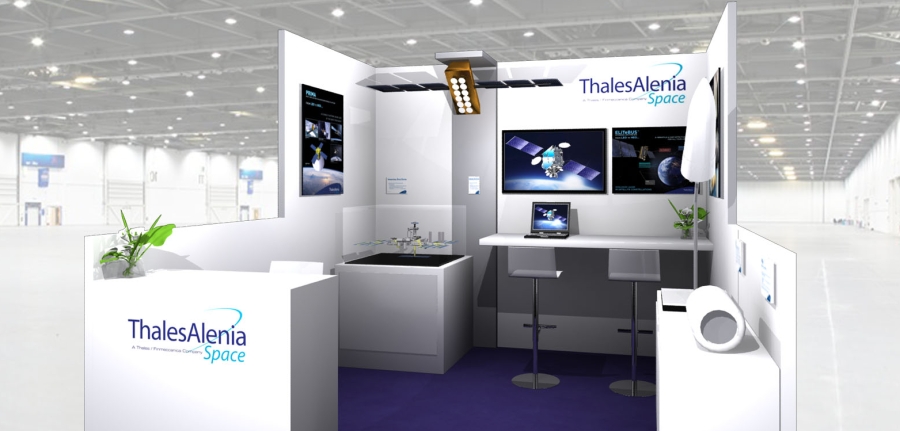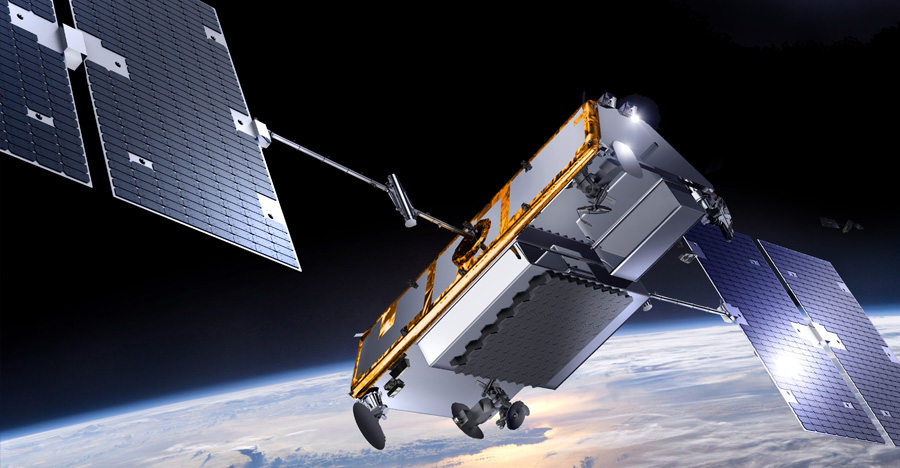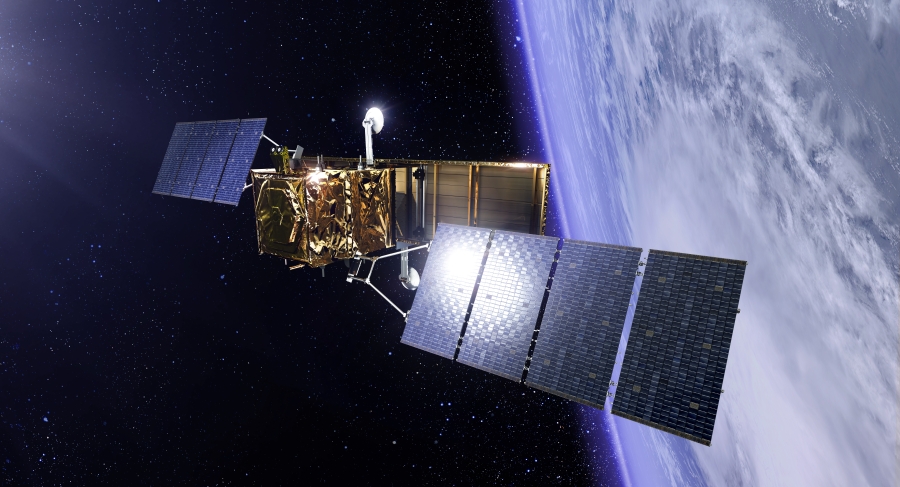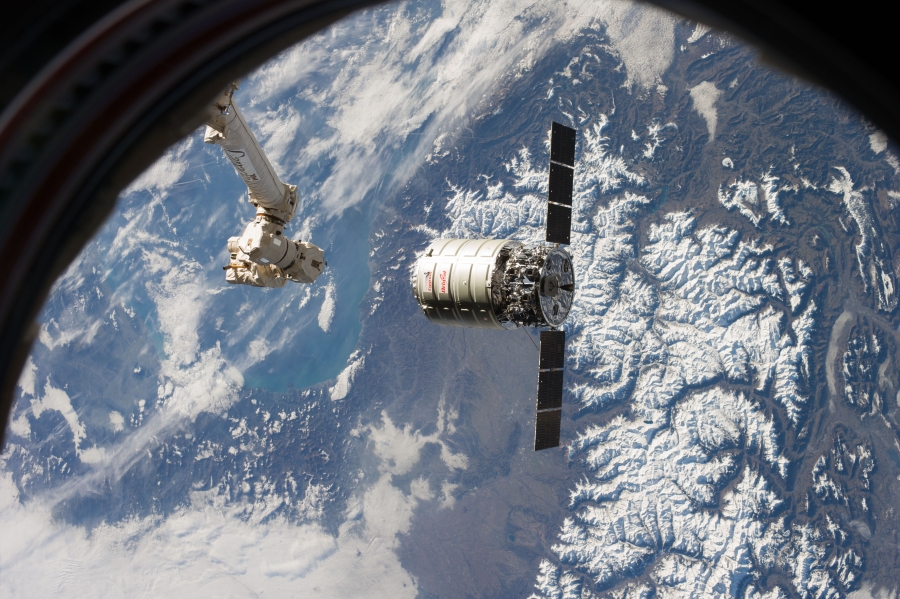Thales Alenia Space flies high at the Space Symposium

From April 13 to 16, Thales Alenia Space is participating in the Space Symposium, in Colorado Springs, Colorado, United States. The Space Symposium is a pivotal venue for players in the space sector, including space agencies, government customers, armed forces, legacy operators and newcomers, service suppliers, manufacturers and more. Thales Alenia Space holds a very special place in this event organized by the U.S.-based Space Foundation, since it has worked extensively for NASA, in particular supplying more than 50% of the pressurized volume on the International Space Station. Thales Alenia Space is also the prime contractor for three major telecom satellite constellations for three leading U.S. operators: Globalstar, O3b and Iridium. The expertise of this joint French-Italian company is widely recognized in the United States. This leading international conference gives Thales Alenia Space an excellent opportunity to showcase its technological skills in a variety of areas, including constellations, Earth observation, climatology, environmental management, exploration and navigation.
Thales Alenia Space's booth

Thales Alenia Space is focusing this year on its unrivaled expertise in low and medium orbit telecom constellations, using the example of Iridium NEXT. Also in the forefront is Thales Alenia Space's long-standing expertise in orbital infrastructures, as exemplified by the company's major contribution to the International Space Station. Another key focus at the 31st Space Symposium are two new platforms, EliteBus and PRIMA
Iridium NEXT, today's largest telecom satellite constellation

Iridium Next is the largest low-orbit telecom satellite constellation to date. It will gradually replace Iridium's current constellation, while also adding new mobile services, such as 3G or 4G telephony. The Iridium NEXT constellation is based on 66 operational satellites in six orbital planes of 11 satellites each, plus six in-orbit spares and nine ground spares. Thales Alenia Space is program prime contractor, in charge of system engineering, integration and validation, along with the supply of the 81 satellites.
3 constellations, 117 satellites, 1 platform: EliteBus

EliteBus is the high-performance, agile and flexible platform used on all three telecom constellations being built by Thales Alenia Space as prime: second-generation Globalstar, O3b and Iridium NEXT. Designed for payloads weighing over 550 kg (1,213 lb) and with 2,500 watts of power, this platform has already been validated in orbit and is adaptable to a wide range of missions, including clusters of special satellites, or constellations in medium or low Earth orbit. It is in volume production, making it a highly competitive product, perfectly adapted to the U.S. market. Furthermore, EliteBus is compatible with Atlas, Dnepr, Falcon and Soyuz launchers.
About PRIMA

PRIMA is a multi-application and reconfigurable platform, made in Italy. Flexible, it is compatible with different missions, ranging from LEO to highly-eccentric elliptical orbits (HEO). PRIMA can be used for navigation, defense, environmental management and Earth Observation missions, handling payloads up to 1,200 kg (2,640 lb), with power of up to 3,500 W. Thales Alenia Space's PRIMA platform has already been chosen for major programs, including Radarsat-2, the Cosmo-SkyMed constellation of radar observation satellites, and the Sentinel-1 and Sentinel-3 environmental management missions, within the scope of the European Space Agency's vast Copernicus program. Furthermore, PRIMA is compatible with most current launch vehicles, for single or dual launches.
From orbital infrastructures to tomorrow's space transport systems

Thales Alenia Space has supplied more than 50% of the pressurized volume on the International Space Station, including the Node 2 and 3, MPLM, Colombus, Cupola and PMM modules, along with the pressurized service modules on the five ATV supply vessels for the ISS. It also won the contract for nine pressurized cargo modules on Cygnus spacecraft for NASA.
Thales Alenia Space capitalized on its widely recognized expertise in space infrastructures to develop Europe's IXV atmospheric reentry demonstrator, which performed a highly successful mission in February 2015, recognized worldwide. Building on this unique expertise, Thales Alenia Space will also be a leading contributor to the Orion Multi-Purpose Crew Vehicle (MPCV) being developed by NASA, to be used for exploration missions beyond low Earth orbit.

